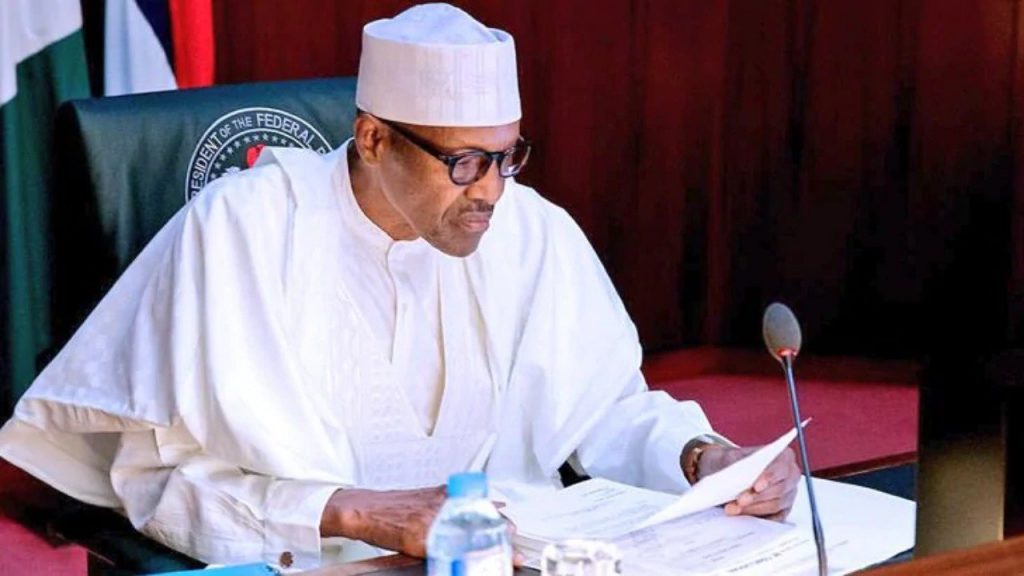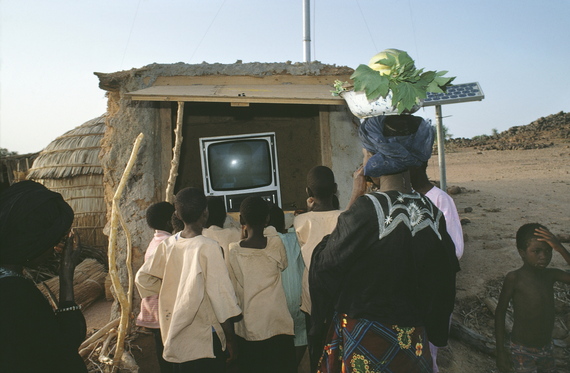President Muhammadu Buhari has kick-started the power deal signed with the German company, Siemens AG, to upgrade the country’s power sector.
The agreement between the FG and Siemens signed in July last year entailed rehabilitating and then expanding the country’s electricity capacity to 25,000 megawatts by 2025.


Now, Buhari has given a go-ahead to the Ministry of Finance, Budget and National Planning, the Ministry of Power and the Bureau of Public Enterprises to commence the pre-engineering and concessionary financing aspects of the project with Siemens.
The Siemens Power deal
The Federal Government’s agreement with Siemens is a six-year power deal that will be implemented in 3 phases. The phase 1 of the project entails increasing power delivered by additional 2,000MW and significantly reducing losses across the grid with added stability and reliability.
For phase 2, the grid capacity is expected to be increased from 7,000MW (expected to be realised from phase 1) to 11,000MW. For phase 3 the focus would be on additional transmission and distribution assets upgrade and large-scale power project in order to increase the grid capacity from 11,000MW to 25,000MW.


The Siemens deal will require more than N1.15tn to execute, according to the Technical and Commercial Proposal released on May 7, 2019. However, the project will be financed by concessionary loans covered by Euler Hermes Group SAS, a large provider of credit insurance.
Brief History of Nigeria’s Power Woes
Just like in previous years, Nigeria’s power supply still remains abysmal in nature. More disappointingly the power sector dropped to new lows in 2019.
The average daily supply of power, which was insufficient for the country’s large population dropped from 3800 megawatts (MW) to an average daily output level to 3775MW.
The decline in power output according to operational statistics was due to inefficiencies such as gas shortage, distribution and transmission infrastructure challenges. This issues caused a loss of about 3587MW, almost as much as what was supplied daily in 2019.


Also, the power sector lost about N609.532 billion worth of revenue that could have been earned if that volume of electricity got to homes and offices in the country, during the same year.
A New Hope
However, the new Siemens deal plans to solve the discrepancies that caused a huge loss in 2019 and also increase the capacity of power so Nigerians can have more of it.
In phase one of the project, Siemens plans to add a significant 2,000MW, by removing the type of losses incurred in 2019. Also, Siemens and other stakeholders will focus on upgrading the transmission and distribution assets to help increase the country’s power capacity.
Last year, the CEO of Siemens, Joe Kaeser expressed that the company was ready to take on the daunting task of boosting Nigeria’s Power sector.
“We have a generation of all sorts: Conventional power generation, renewable energy, we have transmission, we have distribution. We can help with oil and gas and we can even supply digital platforms. So, we have the whole value chain unlike any other company in the world, and that’s why I believe we are a perfect partner for the Nigerian people.”
Joe Kaeser, the CEO of Siemens
In July 2018, Siemens completed the Egypt Mega power project, adding a power generation capacity of 14,400MW in 27.5 months to Egypt’s national grid.
Nigeria’s Electrification Roadmap deal with Siemens is similar to the Egypt megaproject. Therefore, there is a high probability that they will be able to scale all the hurdles and deliver too in Nigeria.






